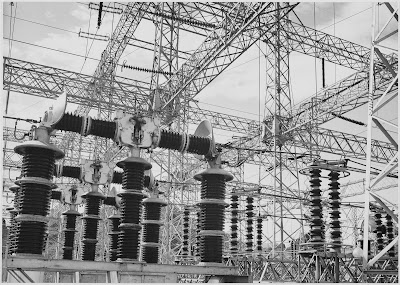Nigeria’s power generation hits 4,196.11mwh
The country has been recording daily average power generation of 4,196.11 megawatt/hour since last week, while energy sent out was put at 4,112.06 megawatts/hour (MWH) during the same period under review, according to the generation report by the Presidential Taskforce on Power.
The agency put the total daily energy generated as at September 12 at 100,705.53 mwh, while the energy sent out was put at 98,689.54 mwh.
The country had earlier recorded a peak energy generation of 101,839.37mwh and supply of 100,162.92mwh.
This new generation and supply level however fell short of the highest peak generation of 4,729.30mw, which the country attained on August 25, 2015.
The country’s energy generation has continued to fluctuate around 3,000mw to 4,500mw.
Besides, the Permanent Secretary, Power, Dr. Godknows Igali, said that the recent increase in power supply is not as a result of rain, as speculated in some quarters, but it is as a result of increase in gas supply to the thermal plants.
Igali added that the country’s anti-vandalism campaign is also yielding positive results.
To sustain this trend, the Permanent Secretary said the present administration is determined to look in the direction of renewable, hence more emphasis will be placed on solar energy source.
He reasoned that with clusters of solar plants built across the country, technical losses occasioned by hauling of energy over long distances will be reduced, as just this renewable source can be deplored effectively. Captive Power in embedded manner will also be available to Discos at the distribution levels.
He commended these companies for working with the Ministry and the Government in the development of mini power generation and micro grid, insisting that all these efforts will translate into power stability and reliability.
Igali announced that the Transmission Company of Nigeria is working on those critical corridors that would enhance the nation’s transmission capacity, enough to evacuate all energy to be produced now that more gas will be available to the thermal plants.
Meanwhile, The Japanese International Co-operation Agency (JICA), has unveiled a comprehensive master plan study on National Power Development for its intervention activities in Nigeria.
The scope of the proposed study report will include all its collaborative activities in the power sector, to cover the entire country with a target year between 2015 and 2040 (25 years).
The study is to include power development planning, power demand forecast generation planning (Thermal, Hydro), primary energy analysis, Transmission Sub-station, Environmental and Social consideration to mention but a few.
Igali commended JICA for this initiative, stressing that this will assist in the nation’s quest on how energy resources can be leverage and be deplored to end users optimally.


Comments
Post a Comment